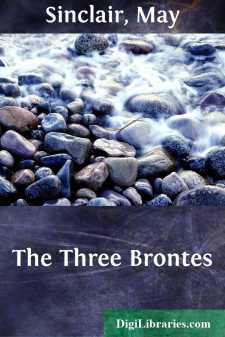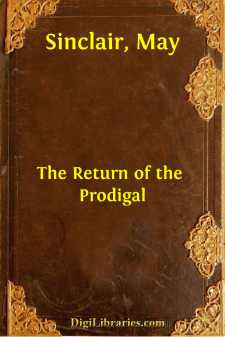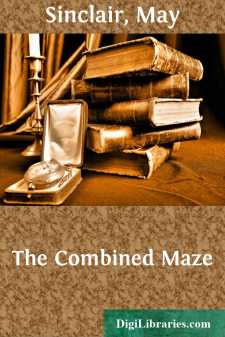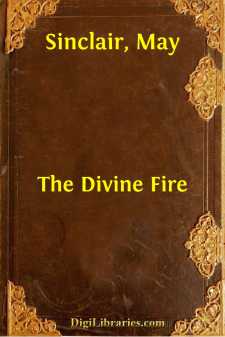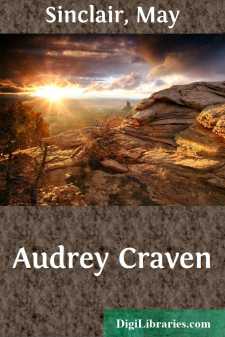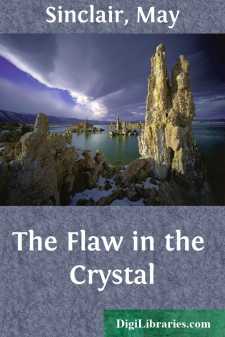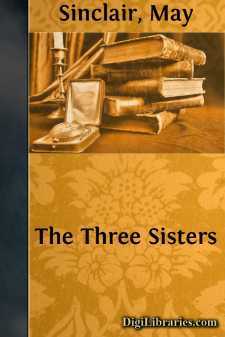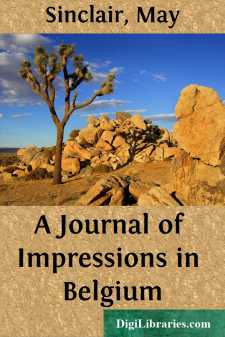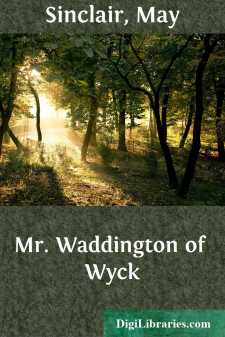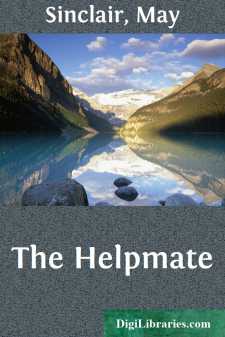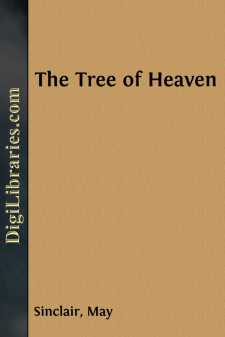Categories
- Antiques & Collectibles 13
- Architecture 36
- Art 48
- Bibles 22
- Biography & Autobiography 813
- Body, Mind & Spirit 142
- Business & Economics 28
- Children's Books 15
- Children's Fiction 12
- Computers 4
- Cooking 94
- Crafts & Hobbies 4
- Drama 346
- Education 46
- Family & Relationships 57
- Fiction 11829
- Games 19
- Gardening 17
- Health & Fitness 34
- History 1377
- House & Home 1
- Humor 147
- Juvenile Fiction 1873
- Juvenile Nonfiction 202
- Language Arts & Disciplines 88
- Law 16
- Literary Collections 686
- Literary Criticism 179
- Mathematics 13
- Medical 41
- Music 40
- Nature 179
- Non-Classifiable 1768
- Performing Arts 7
- Periodicals 1453
- Philosophy 64
- Photography 2
- Poetry 896
- Political Science 203
- Psychology 42
- Reference 154
- Religion 513
- Science 126
- Self-Help 84
- Social Science 81
- Sports & Recreation 34
- Study Aids 3
- Technology & Engineering 59
- Transportation 23
- Travel 463
- True Crime 29
The Three Brontes
by: May Sinclair
Description:
Excerpt
INTRODUCTION
When six months ago Mr. Thomas Seccombe suggested that I should write a short essay on "The Three Brontës" I agreed with some misgiving.
Yet that deed was innocent compared with what I have done now; and, in any case, the series afforded the offender a certain shelter and protection. But to come out like this, into the open, with another Brontë book, seems not only a dangerous, but a futile and a fatuous adventure. All I can say is that I did not mean to do it. I certainly never meant to write so long a book.
It grew, insidiously, out of the little one. Things happened. New criticisms opened up old questions. When I came to look carefully into Mr. Clement Shorter's collection of the Complete Poems of Emily Brontë, I found a mass of material (its existence I, at any rate, had not suspected) that could not be dealt with in the limits of the original essay.
The book is, and can only be, the slightest of all slight appreciations. None the less it has been hard and terrible for me to write it. Not only had I said nearly all that I had to say already, but I was depressed at the very start by that conviction of the absurdity of trying to say anything at all, after all that has been said, about Anne, or Emily, or Charlotte Brontë.
Anne's case, perhaps, was not so difficult. For obvious reasons, Anne Brontë will always be comparatively virgin soil. But it was impossible to write of Charlotte after Mrs. Gaskell; impossible to say more of Emily than Madame Duclaux has said; impossible to add one single little fact to the vast material, so patiently amassed, so admirably arranged by Mr. Clement Shorter. And when it came to appreciation there were Mr. Theodore Watts-Dunton, Sir William Robertson Nicoll, Mr. Birrell, and Mrs. Humphry Ward, lying along the ground. When it came to eulogy, after Mr. Swinburne's Note on Charlotte Brontë, neither Charlotte nor Emily have any need of praise.
And on Emily Brontë, M. Maeterlinck has spoken the one essential, the one perfect and final and sufficient word. I have "lifted" it unblushingly; for no other word comes near to rendering the unique, the haunting, the indestructible impression that she makes.
So, because all the best things about the Brontës have been said already, I have had to fall back on the humble day-labour of clearing away some of the rubbish that has gathered round them.
Round Charlotte it has gathered to such an extent that it is difficult to see her plainly through the mass of it. Much has been cleared away; much remains. Mrs. Oliphant's dreadful theories are still on record. The excellence of Madame Duclaux's monograph perpetuates her one serious error. Mr. Swinburne's Note immortalizes his. M. Héger was dug up again the other day.
It may be said that I have been calling up ghosts for the mere fun of laying them; and there might be something in it, but that really these ghosts still walk. At any rate many people believe in them, even at this time of day. M. Dimnet believes firmly that poor Mrs....


